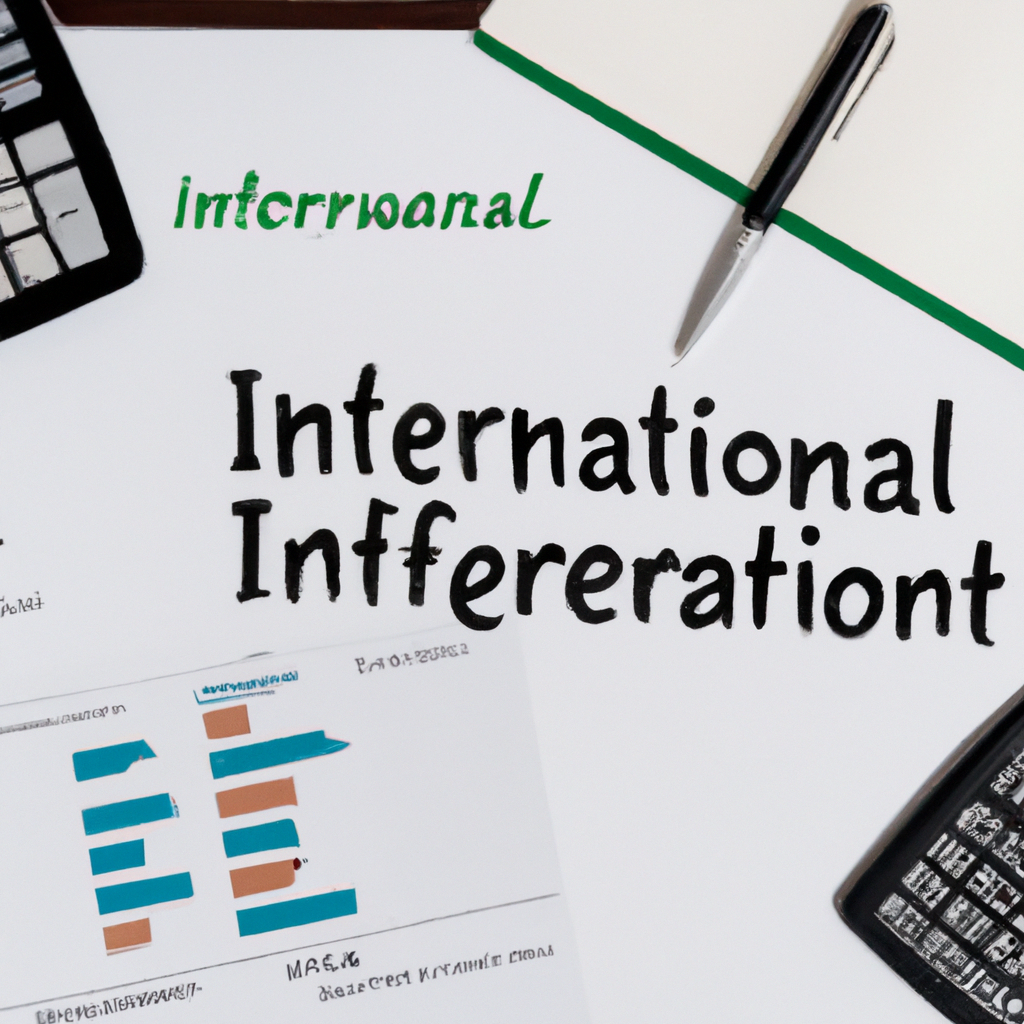
International Finance Developments: Navigating Global Economic Challenges
International Finance Developments
Global Economic Outlook
The global economy has experienced significant changes in recent years, with various factors impacting international finance developments. The ongoing COVID-19 pandemic has had a profound impact on economies worldwide, leading to disruptions in supply chains, declining consumer demand, and increased unemployment rates. As countries continue to navigate the challenges posed by the pandemic, policymakers are implementing various measures to stimulate economic growth and stabilize financial markets.
Monetary Policy Actions
Central banks around the world have taken decisive action to support their respective economies during the pandemic. Many central banks have lowered interest rates to historic lows, implemented quantitative easing programs, and provided liquidity support to financial institutions. These measures have helped to mitigate the economic impact of the pandemic and support financial stability.
Trade and Investment Flows
Global trade and investment flows have been significantly impacted by the pandemic, with disruptions to supply chains and reduced demand for goods and services. As countries work to recover from the economic downturn, policymakers are focusing on promoting trade and investment to stimulate economic growth. Initiatives such as trade agreements, investment incentives, and infrastructure development projects are being implemented to facilitate cross-border trade and investment.
Digital Currency Developments
The rise of digital currencies has been a significant development in international finance in recent years. Central banks and financial institutions are exploring the potential benefits of digital currencies, such as increased efficiency, lower transaction costs, and improved financial inclusion. Countries such as China have already launched digital currency pilot programs, with other countries considering similar initiatives in the future.
Regulatory Changes
Regulatory changes have also played a key role in shaping international finance developments. Policymakers are focusing on enhancing financial regulation and supervision to promote financial stability and protect consumers. Initiatives such as Basel III, the European Union’s MiFID II, and the Dodd-Frank Act in the United States have been implemented to strengthen financial regulation and reduce systemic risks in the global financial system.
In conclusion, international finance developments continue to evolve in response to changing economic conditions, technological advancements, and regulatory changes. As countries work to recover from the economic impact of the pandemic, policymakers are implementing various measures to support economic growth, promote trade and investment, and enhance financial stability. Digital currencies, regulatory changes, and monetary policy actions are key areas to watch as international finance continues to evolve in the coming years.

